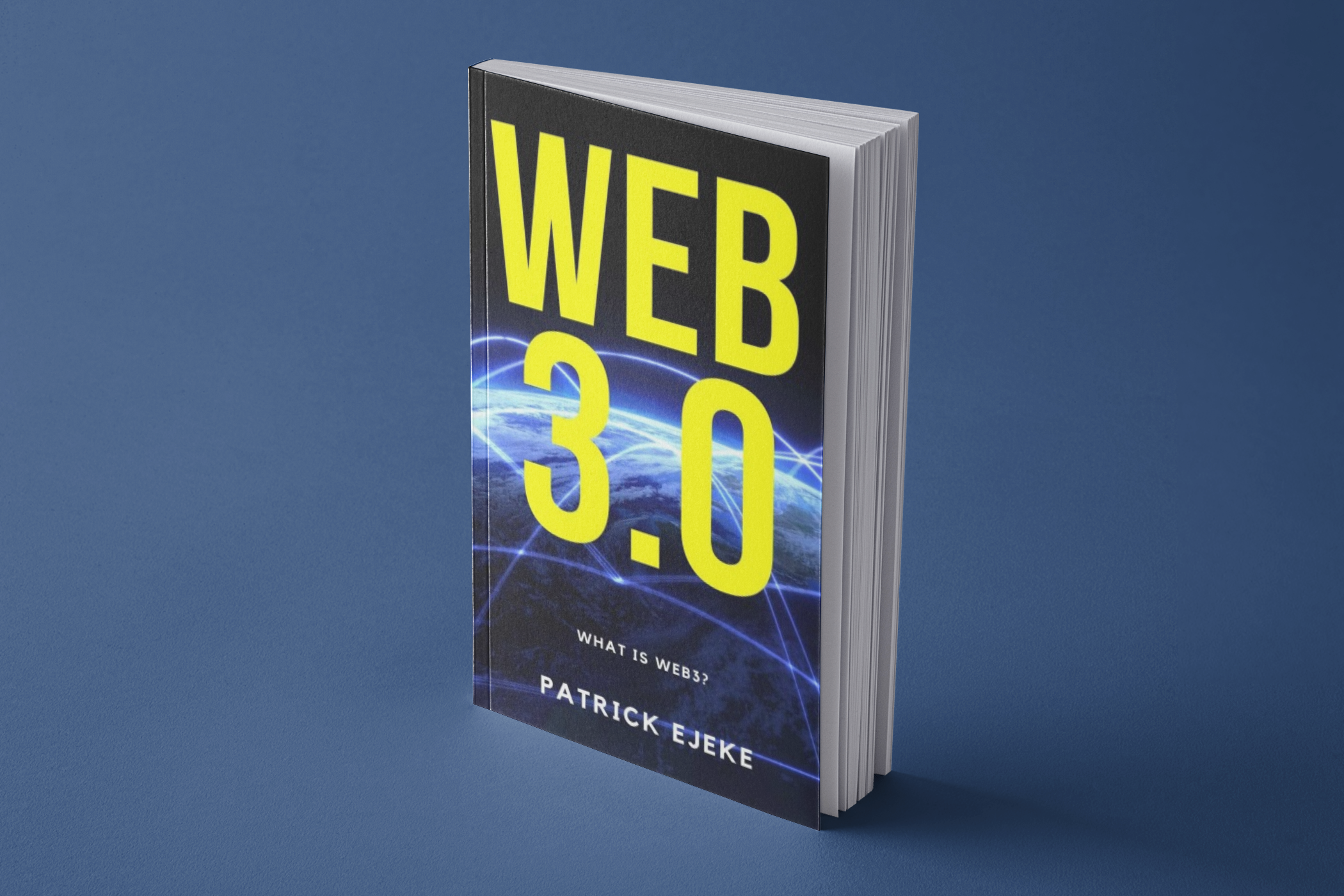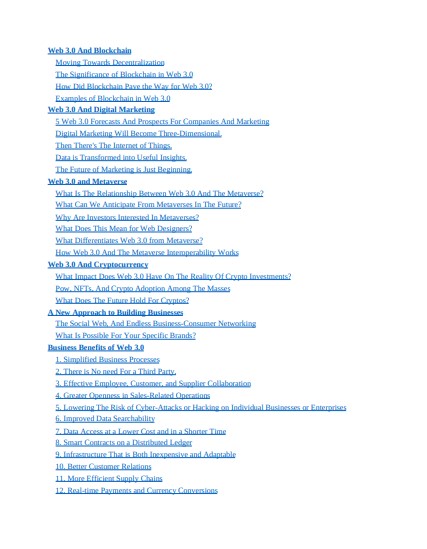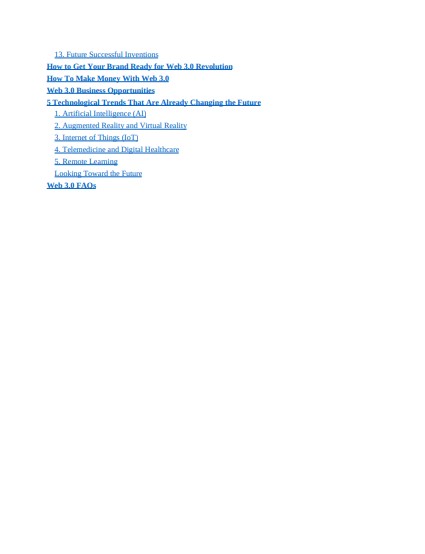Web 3.0 (E-Book), by Patrick Ejeke
Web 3.0 is a potential future internet version based on public blockchains, a record-keeping system best known for enabling
bitcoin transactions. The appeal of Web 3.0 is that it is decentralized, which means that instead of customers accessing the internet via services mediated by firms such as Google, Apple, or Facebook, people
control and administer areas of the internet.
Web 3.0 does not need “permission,” which implies that central authorities do not get to select who gets to access what services, nor does it require “trust,” which means that virtual transactions between two or more parties do not require an intermediary. Web 3.0 theoretically preserves user privacy better since these organizations and intermediaries acquire the majority of the data. Decentralized finance, sometimes known as DeFi, is a growing component of Web 3.0. It includes carrying out real-world financial transactions on the blockchain without the assistance of banks or governments. Meanwhile, many large businesses and venture capital firms are pouring money into Web 3.0, and it’s difficult to imagine that their involvement will not result in some type of centralized control.












